Description
Octanol: A Versatile Alcohol with a Wide Range of Applications
Octanol, also known as 1-octanol or capryl alcohol, is a straight-chain fatty alcohol with eight carbon atoms and the chemical formula CH₃(CH₂)₇OH. This colorless liquid possesses a characteristic odor often described as oily, waxy, and somewhat fruity. While perhaps not a household name, octanol plays a significant role in a diverse range of industries, from flavor and fragrance to pharmaceuticals and even energy storage.
Properties and Characteristics:
Octanol’s unique chemical properties contribute to its versatility. It’s only slightly soluble in water but readily dissolves in organic solvents. This amphiphilic nature (having both polar and nonpolar characteristics) makes it an excellent solvent for various compounds. Its boiling point is relatively high at around 195°C, making it stable at room temperature and suitable for applications that require thermal stability.
Applications Across Industries:
The applications of octanol are surprisingly broad:
- Flavor and Fragrance: Octanol is a key ingredient in the flavor and fragrance industry. It’s used as a flavoring agent in foods and beverages, contributing to fruity and citrus-like notes. In perfumery, it serves as a fragrance ingredient and a solvent for other fragrant compounds, adding depth and complexity to scent profiles.
- Pharmaceuticals: Octanol finds use in pharmaceutical formulations, primarily as a solvent or excipient. Its low toxicity and good solvent properties make it suitable for dissolving and administering various drugs. It is also sometimes used in skincare products as an emollient and moisturizer.
- Plastics and Polymers: Octanol serves as a precursor in the production of plasticizers, which are added to polymers to increase their flexibility and workability. These plasticizers are crucial in the manufacturing of various plastic products, making them more durable and user-friendly.
- Textiles: In the textile industry, octanol is used as a defoamer to prevent excessive foaming during dyeing and printing processes, ensuring smooth and even application of dyes and finishes.
- Energy Storage: Emerging research is exploring the potential of octanol in energy storage applications. Specifically, it’s being investigated as a phase-change material (PCM) for thermal energy storage. PCMs absorb and release heat while undergoing a phase change (e.g., solid to liquid or liquid to gas). Octanol’s relatively high heat capacity and suitable melting point make it a candidate for storing thermal energy in applications like solar heating and waste heat recovery.
Safety and Handling:
While octanol is generally considered safe for its intended uses, it’s important to handle it with care. It can cause skin and eye irritation upon contact and should be handled with appropriate protective equipment, like gloves and eye protection. Inhalation of high concentrations of octanol vapor may cause respiratory irritation. Always consult the Material Safety Data Sheet (MSDS) for specific safety information.
Conclusion:
Octanol is a valuable and versatile chemical compound that plays a vital role in various industries. From enhancing the flavors and scents we enjoy to enabling the production of flexible plastics and exploring potential energy storage solutions, octanol’s unique properties contribute significantly to modern life. As research continues and new applications are discovered, octanol will likely remain a crucial ingredient in a diverse range of products and processes.

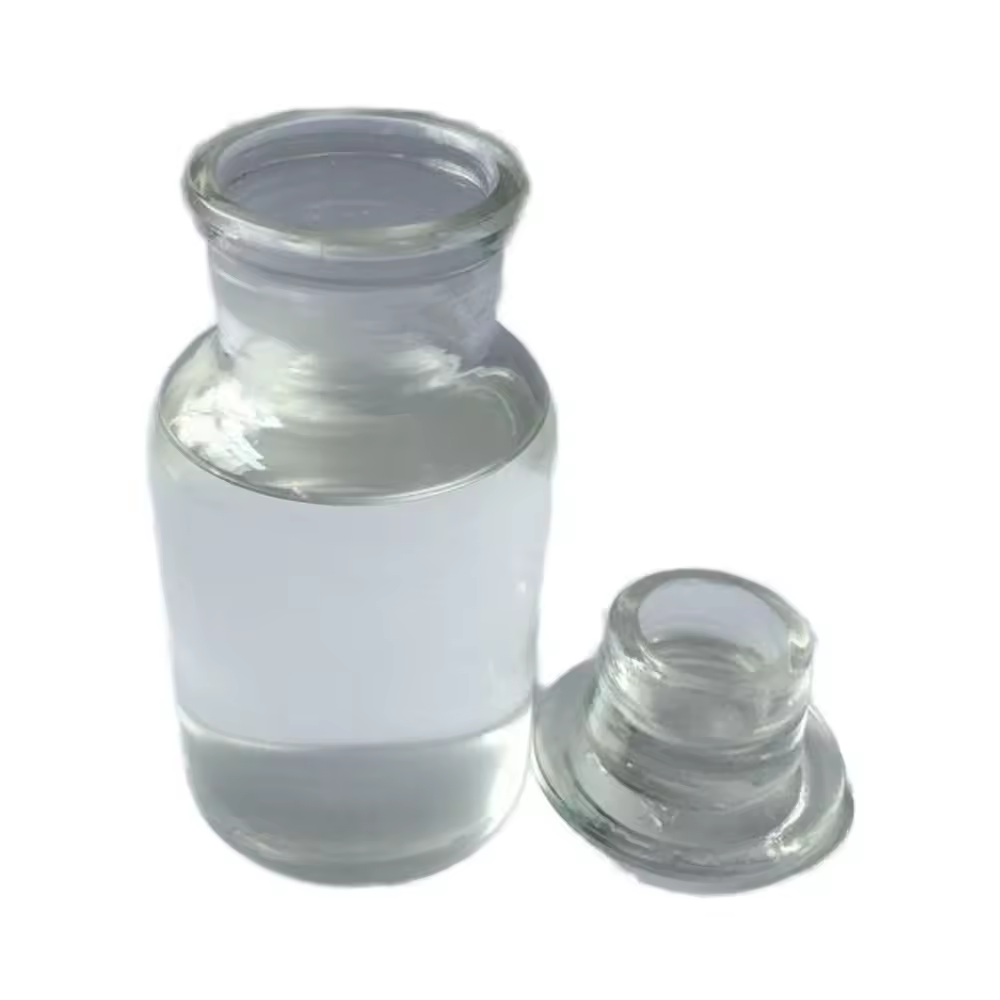
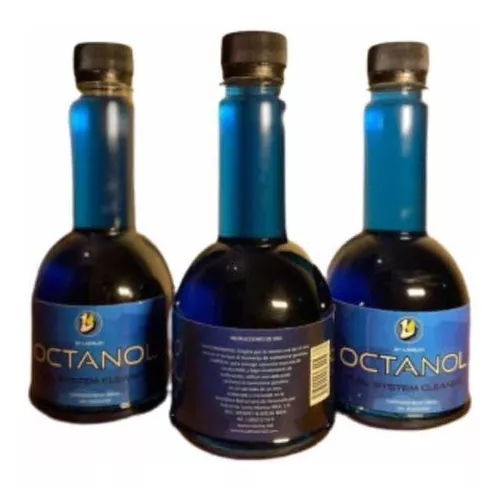

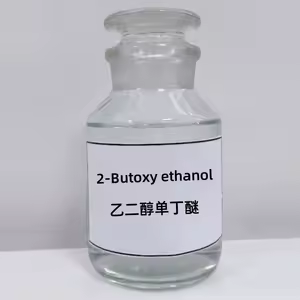
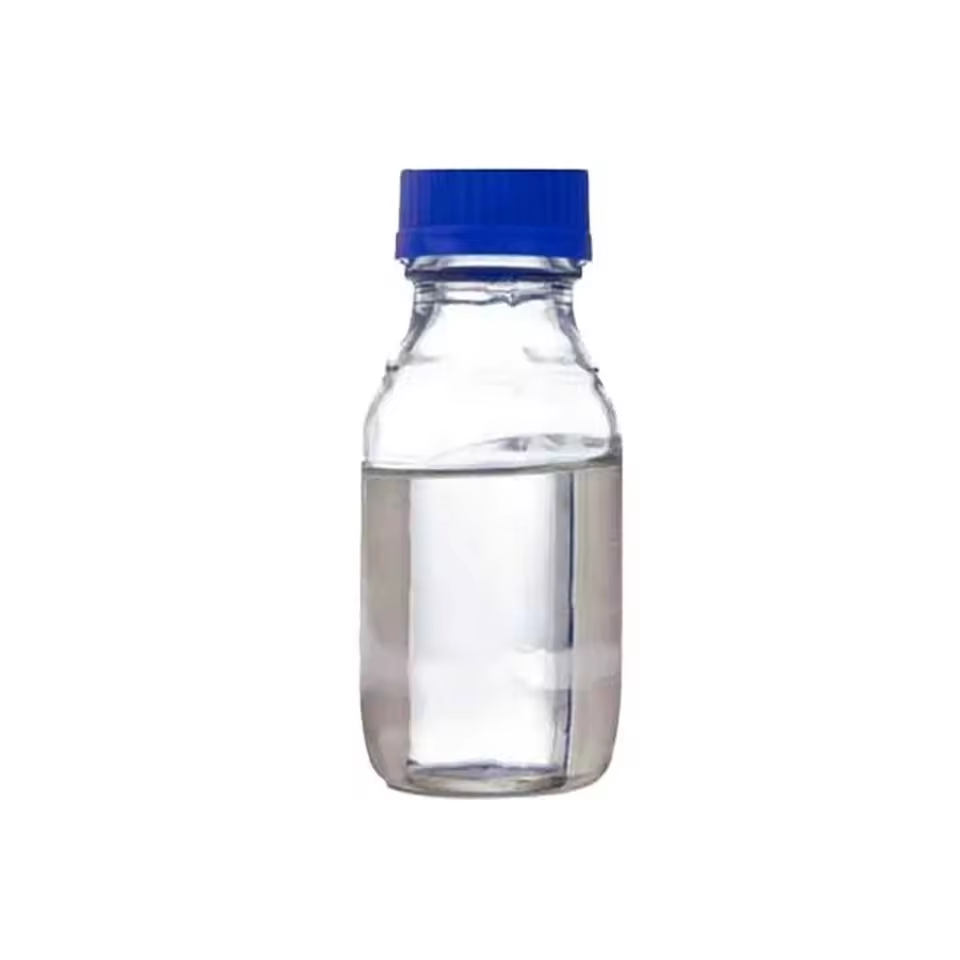
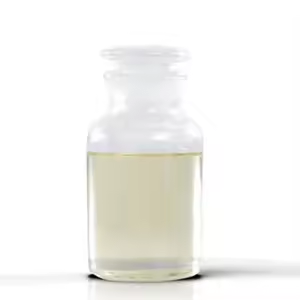
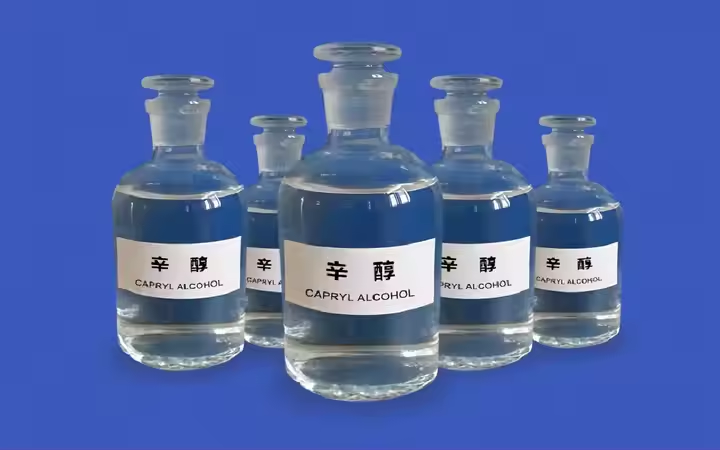

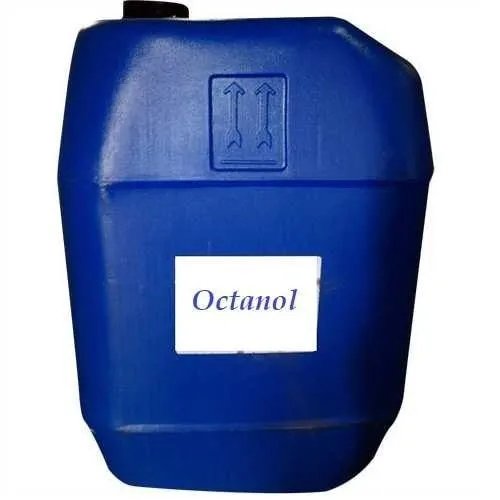




Reviews
There are no reviews yet.